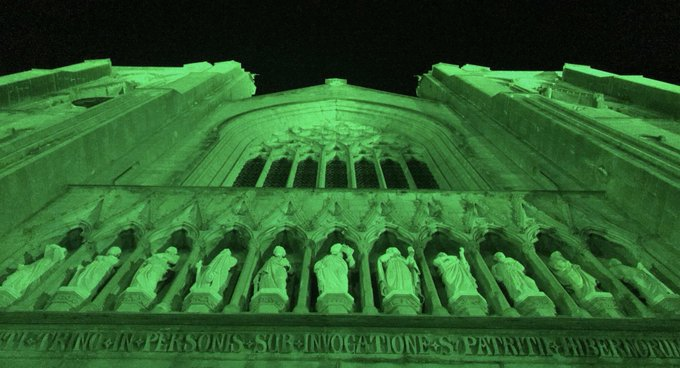Data protection legislation is hampering the ability of the National Board for Safeguarding Children to monitor and track trends in relation to allegations against clerics and religious and this is proving “detrimental to the efforts to safeguard children”, the Church watchdog has warned, Sarah Mac Donald writes in Independent.ie.
The National Board for Safeguarding Children in the Catholic Church in Ireland (NBSCCCI) yesterday released its annual report and highlighted how doubts have been cast on the legal basis for a Church authority to share sensitive personal data with the board relating to allegations against clerics and religious.
Due to the constraints of GDPR and the Data Protection Act 2018, the board said it cannot fulfil its monitoring function, track trends year to year, nor offer assurances that Church bodies are consistently applying safeguarding standards in relation to their notification and management of abuse cases.
“The inability to analyse and monitor allegations is, in the view of the National Board, a significant loss to the Catholic Church, and is detrimental to the efforts to safeguard children,” it warned.
The child safeguarding watchdog has made representations to government ministers, civil servants, Tusla and the Data Protection Commission in Ireland seeking support to have legislation amended to enable sensitive personal data to be shared with the board on allegations against clerics and religious. But these efforts have failed so far.
While allegations are still notified to the board, the information is anonymised and significant detail is removed, the watchdog said. As a result, it cannot advise with any certainty on whether reports it receives may also have been forwarded by another Church authority, resulting in double-counting.
The annual report reveals that the board dealt with 116 notifications concerning child safeguarding in the Catholic Church here last year.
Speaking to the Irish Independent, Teresa Devlin, CEO of the NBSCCCI, said: “As a non-statutory body, the National Board has no right to access identifying information. Therefore, we do not know who the 116 allegations are against, we do not know if, for example, two different Church bodies have made the same referral.
Courtesy of Independent.ie June 11 2020



